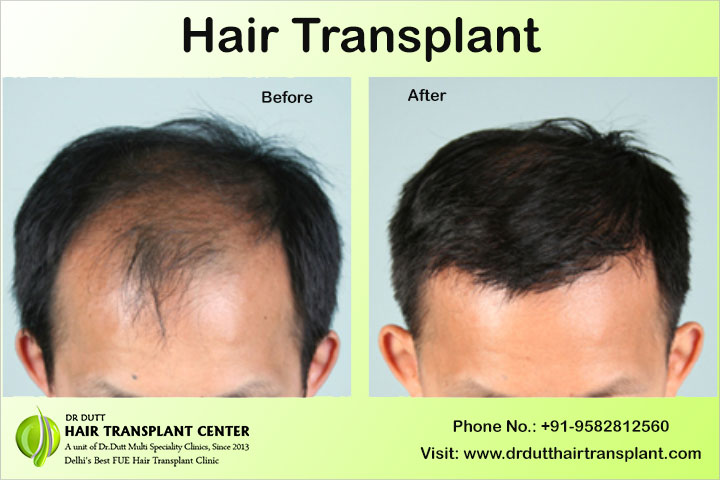Hair loss can cause discomfort for both men and women, in a way that undermines self-esteem and quality of life. Therefore, the hair transplant can be an alternative for cases that do not resolve with other types of treatment.
It is a technique that began with Japanese doctors between the 1930s and 1940s, but only in 1950 did it solidify as a safe and effective procedure for hair growth in bald regions.
Check, below, in which cases the treatment is or is not indicated, which are the main precautions and more.
What is a hair transplant?
The transplant is the removal of healthy hair follicles from a region of the head and their transplantation in the area where there is baldness.
The most modern technique of hair transplantation is the FUE technique (from the acronym in English “Follicular Unit Extraction”), popularly known as hair by hair.
In it, the follicles are extracted individually with a special type of circular scalpel, the so-called punch, and then transplanted in the bald area, also individually.
Indications
The indication for the procedure should be made by a specialist, but it usually involves a complaint of hair loss.
The hair transplant in Delhi is the most radical and costly alternative, so before it other therapies must be tried, such as shampoo, laser, lotion, cream and the like.
Still, it is necessary to investigate the cause of hair loss, as some conditions do not respond well even to the transplant.
Therefore, the main indication for hair transplant is androgenetic alopecia, which is nothing more than baldness of genetic origin.
In general, there is no minimum age for surgery, only the presence of a bald area is taken into account. Therefore, young patients can undergo the procedure.
How is done?
Preparation
Before the procedure, the patient needs to undergo an evaluation with a plastic surgeon or dermatologist you trust. The hair transplant surgeon in Delhi will order preoperative tests, such as a complete blood count, to check your general health.
Depending on the professional’s technique, it may be necessary to shave the strands with a hair machine.
The hair transplant surgeon in Delhi uses local anesthesia and light sedation, but the patient is awake throughout the procedure.
Duration
The length of the hair transplant procedure depends on the number of follicles the patient needs. But it takes, on average, 6 to 8 hours.
Recovery
After the operation, the patient is released home and returns to the office or clinic to wash the head. Afterwards, you will be free for daily activities with some exceptions, such as exercise and sun.
The transplanted hairs should fall out around the 15th day.
Before and after hair transplant
After surgery, the hairs that were transplanted will fall out by the end of the first month and between three and four months they should start to grow again. Therefore, the final result of the surgery can only be seen at the end of the first year.
In this post-surgical moment, the dermatologist is essential to recommend drugs and products to act in the strengthening of the new stage of the threads.
In many cases, the result is good, but it all depends on the person’s body, the type of hair and other treatments followed.
It works? Can hairs fall out later?
When properly indicated, the hair transplant in Delhi presents excellent results.
On the scalp, the hairs on the top of the head have male hormone receptors, whereas those on the side and the back of the neck do not have this type of receptor.
Baldness occurs due to a genetic alteration in these receptors, but as the follicles on the side of the head and neck are used as a donor area, the transplanted hairs will no longer fall out.
Contraindications
There are some types of hair loss that cannot be treated with hair transplants because they do not work.
This is the case of alopecia areata, a disease in which the body destroys the hair. There is another group of diseases in which hair loss is caused by inflammatory reactions, such as scarring alopecia.
Risks
As with any surgical procedure, hair transplant in Meerut has some risks, such as excessive bleeding, bacterial or viral infections, unsightly scars and poor hair growth after transplantation.
Which professional performs the procedure?
The doctors who are trained to do the procedure are plastic surgeons and dermatologists.
Where to do it?
The hair transplant in Meerut must be performed in specialized clinics and with adequate structure for the surgical procedure or in a hospital environment.
Price
The cost of hair transplant surgery in Delhi depends on the complexity of each case and the number of follicles the patient needs.

No comments:
Post a Comment